Will going vegan save the planet?
With some 350,000 people switching to plant-based diets this month, Josephine Moulds visits farms on both sides of the plate and discovers we don’t need to look too far afield to find environmentally friendly options

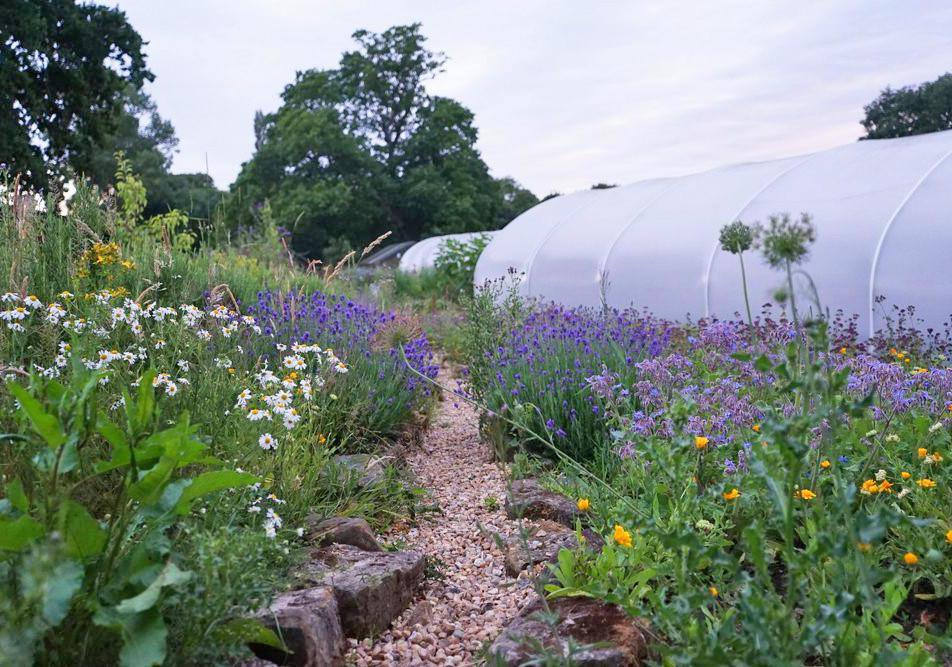
You mightn’t happen to have a piece of cheese about you, now? No? Well, many’s the long night I’ve dreamed of cheese – toasted, mostly.” Marooned for three years on Treasure Island, Ben Gunn may be desperate in his yearning for cheese, but plenty of people will sympathise as they reluctantly try veganism this January. The organisers of Veganuary estimate that 350,000 people will be switching to a plant-based diet this month. Many, including myself, will have been panicked into action by the threat of irreversible climate change, or shamed into it by brilliantly single-minded young people.
In fact, ever since Extinction Rebellion, Greta Thunberg and millions of school children took to the streets to demand climate action, I have been attempting to change my diet. Every time I switch out dairy or meat, however, I question whether the alternatives really are better for the environment.
Dr Adrian Williams, who specialises in environmental systems at Cranfield University, says: “That all sounds very noble and almost impossible to answer.” The hint of mockery is fair. My question undoubtedly stems from a love of cheese, and dislike of tea made with milk alternatives.
So I visit Plaw Hatch Farm, a small, mixed farm in East Sussex, where the cows keep their magnificent horns, so they “take the space they actually need”, pigs feed on whey from the milk, and ducks pick through the slicks of mud. “The ducks aren’t farmed, they just hang out,” says Rebecca Heys, the farm’s business manager. “Sometimes we sell their eggs if we find them.”
I lap up their arguments for a locally-sourced, balanced diet and only wince slightly when they claim that cereal-fed cows emit more methane than grass-fed cows. (A meta-analysis of the scientific research suggests the opposite is true.)
Deborah Barker, who runs dyeing workshops at Plaw Hatch, explains the farm’s practice of mob grazing – or short duration, high density grazing – which many farmers say improves the soil and grass growth. “Once you’ve got these deep roots, you’re sequestering more carbon than you’re emitting with the animals and that’s because they are grazed in the right way,” she says.
Down the line from Cranfield, Dr Williams is not convinced. “I could use a fairly rude word to describe that claim. I think it’s a piece of nonsense. It’s an extreme claim which I’ve heard several times and I’ve yet to see the data to substantiate it.”
Yet the Plaw Hatch farmers’ arguments about balance are persuasive. As a biodynamic farm, it only has as many animals as the land can support. That compares with intensive farming, where animals are confined inside vast factory units and feed is shipped in from around the world; and even traditional organic farms, which may be importing manure and other inputs.
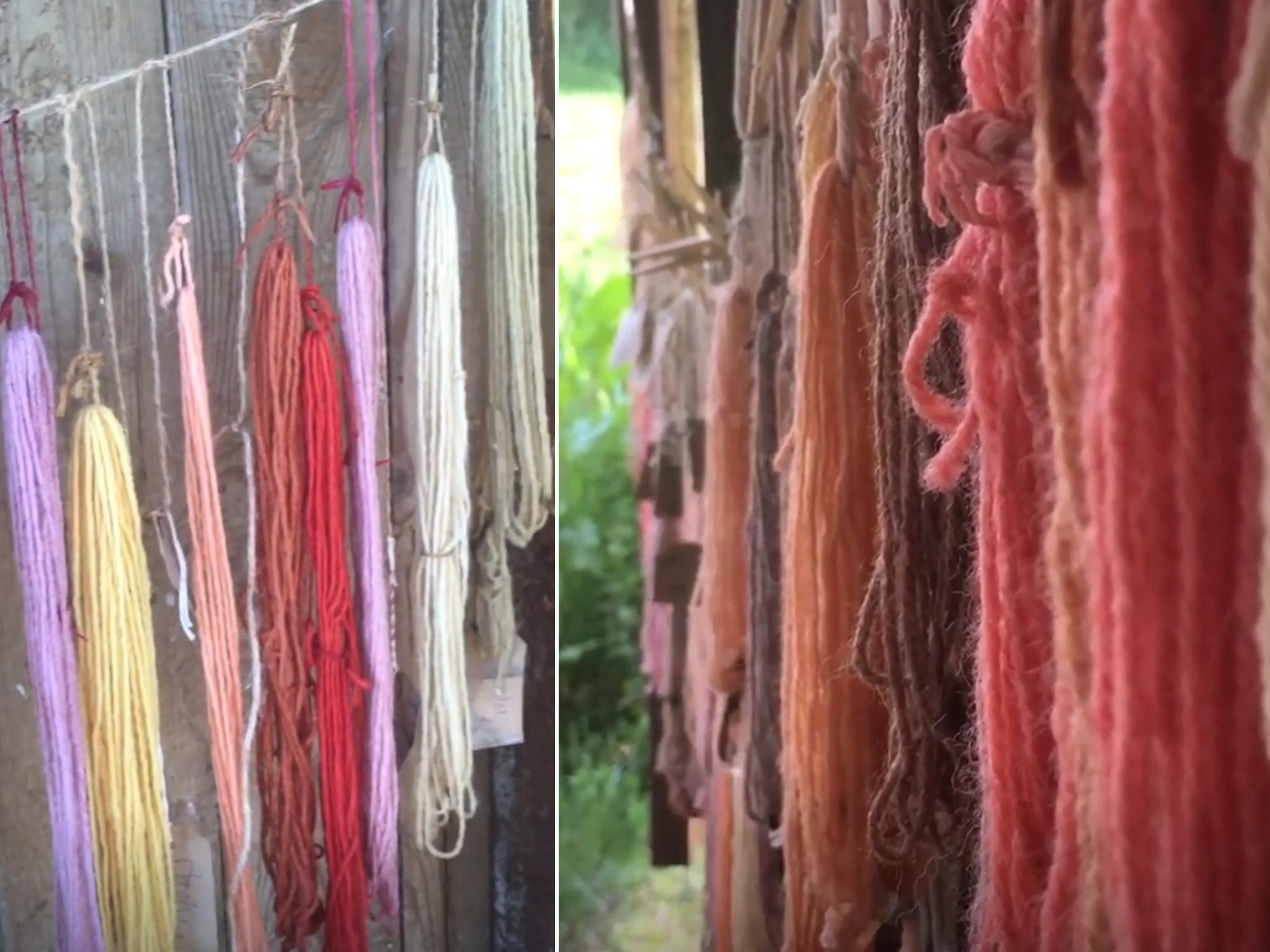
Brambletye Fruit Farm down the road epitomises this sense of balance. Orchard Eggs keeps 4,800 chickens on the 50-acre orchard, which produces apples, pears, blackberries, redcurrants, gooseberries, blueberries and raspberries. The chicken manure fertilises the land; and the birds get around a third of their food from what they find on the ground, such as insects, herbs and fallen fruit.
I join Daniel Hoeberichts, a cheery Dutch chicken farmer, to inspect the birds. Some are still out roaming in the last vestiges of light, but the majority are settling down for the night, huddling up on perches in one of the giant henhouses. Outside the main coop, Hoeberichts demonstrates a hand-turned conveyor belt and, as if by magic, a handful of eggs appear.
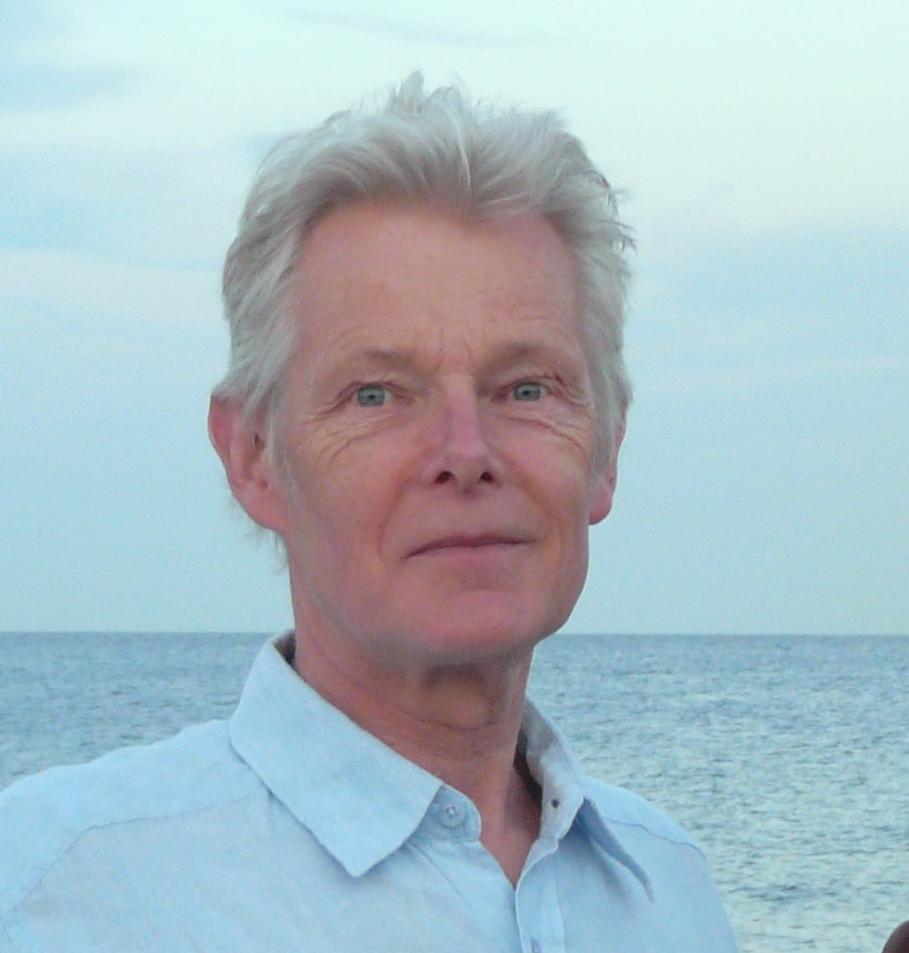
He says most of the remaining chicken food is grown locally, although he has to import a small amount of soya to boost their protein. “Whatever you do, there will be an impact on the environment. To have the least impact, it needs to be in balance. Without the manure of the chickens, we don’t produce enough apples. If you buy our apples, really you should buy our eggs.”
Similarly, some argue that eating wild meat – from woodpigeons to rabbits, deer to squirrels – has a minimal impact on the environment. As director of the Wild Meat Company, Robert Gooch is happy to jump on this commercial opportunity.
An awful lot of the British Isles is completely unsuited to growing cereals and grains in fields because we’re a small, wet, hilly country. You could have an issue with livestock but you have to think where the substitutes are then coming from
Knee-deep in the pre-Christmas rush, he calls me from his car. “Whether we like it or not, it’s a by-product of our pest control or shooting industry, so it must be fairly environmentally sustainable.”
It is worth noting that the majority of pheasant and partridge are reared on farms to supply the shooting industry – with a potentially disastrous impact on the environment – but Gooch insists that we are not adding to that by eating them. “Aside from the moral arguments about whether these things should be killed or not; they are being killed, so someone’s got to eat them.”
So where does he stand on the moral argument? “I’m on the side of shooting them,” he booms down the phone. “Unfortunately, I shoot with a lot of people who don’t eat game, which infuriates me. It’s just not socially and morally acceptable to shoot and kill wild birds and animals, if you then don’t make use of the meat.”
Dr Williams says switching to wild meat needs to be done carefully to avoid destroying populations of wild animals. “If you have red deer that are going to be culled, there will be no point in not eating the meat, but that’s not to say everyone go and get your gun,” he says.
Back at Plaw Hatch, talk of switching to a plant-based diet prompts a splutter from the farmers. Heys says her main problem with a vegan diet is food miles. “You’ve got to eat in the way that the land can provide.
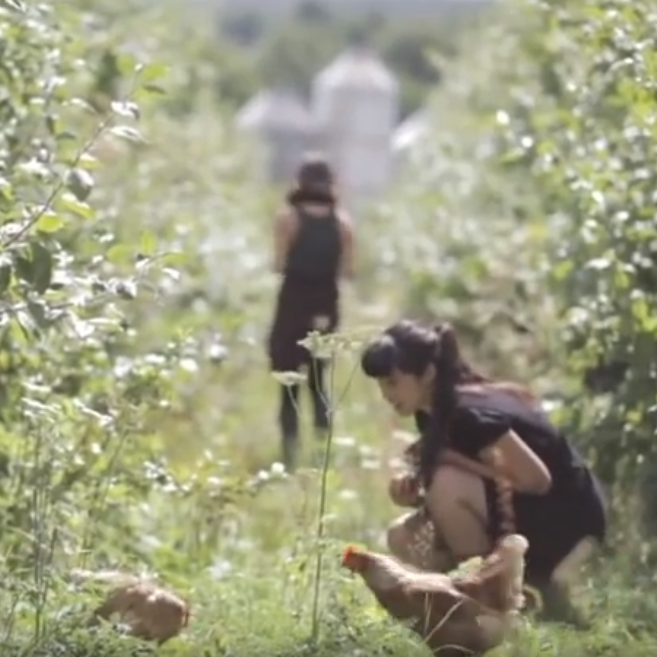
“An awful lot of the British Isles is completely unsuited to growing cereals and grains in fields because we’re a small, wet, hilly country. You could have an issue with livestock but you have to think where the substitutes are then coming from.”
Dr Marco Springmann of the Oxford Martin Programme on the Future of Food, says that is a bit of a misconception; the transport of food accounts for less than 5 per cent of its emissions. He says several separate studies have shown that a vegan diet will be the lowest in terms of greenhouse gas emissions in most circumstances.
Dr Springmann is a vegan himself. He says: “From my kind of research, it wouldn’t make sense not to be vegan, if I find that is the most sustainable and healthiest way.” He says sometimes the livestock industry try to portray him as a vegan activist. “I would say I’m impartial. Obviously everybody has a specific stance but I try to stick to what I observe in my studies.”
On that note, he says plant-based diets can be higher in water demand. Avocados, for one, have been blamed for causing droughts in Chile. Dr Springmann says: “That is not a problem of avocados as such. That is a problem of the absence of local environmental regulations.”
Similarly, almonds are not particularly more water intensive than other nuts, but the almond industry was allowed to expand so much in California that it led to local environmental problems.
Dr Williams adds that if you’re concerned about water, you should stop eating a lot of the out-of-season vegetables that come from the Mediterranean, because that is a highly water-stressed area.
“It gets quite tortuous by the time you start going down to every individual thing because the effects aren’t always obvious, unless you’ve actually analysed these things. Also it depends on whether you’re concerned about greenhouse gas emissions, or water, or social impact.
This is why what we’re doing here is particularly relevant, because this is not on good quality land. If you can do it here, you can do it anywhere. This mantra going round that you have to have livestock to grow organic food, it’s rubbish
There are numerous articles about the damage being wreaked by whatever food happens to be fashionable in wealthy countries: from the Mexican cartels controlling avocado farms to quinoa growers in Bolivia who cannot afford to eat their own crop. Barker at Plaw Hatch says this is why food sovereignty is so important. “If it’s local, you can see what impact it is having; you can see how it’s affecting the land.”
It is perhaps unsurprising that UK-based farmers can all agree on this “eat local” message. Over in Oxfordshire – let’s not go into the carbon emitted driving between these farms – Iain Tolhurst echoes the idea that by importing food we are exporting problems. “The impact is on someone else’s environment, somewhere else in the world. It’s horrendous.”
He is also bothered by how processed many of the meat and dairy alternatives are. “A lot of vegans eat a whole lot of crap food. It’s hugely adulterated.”
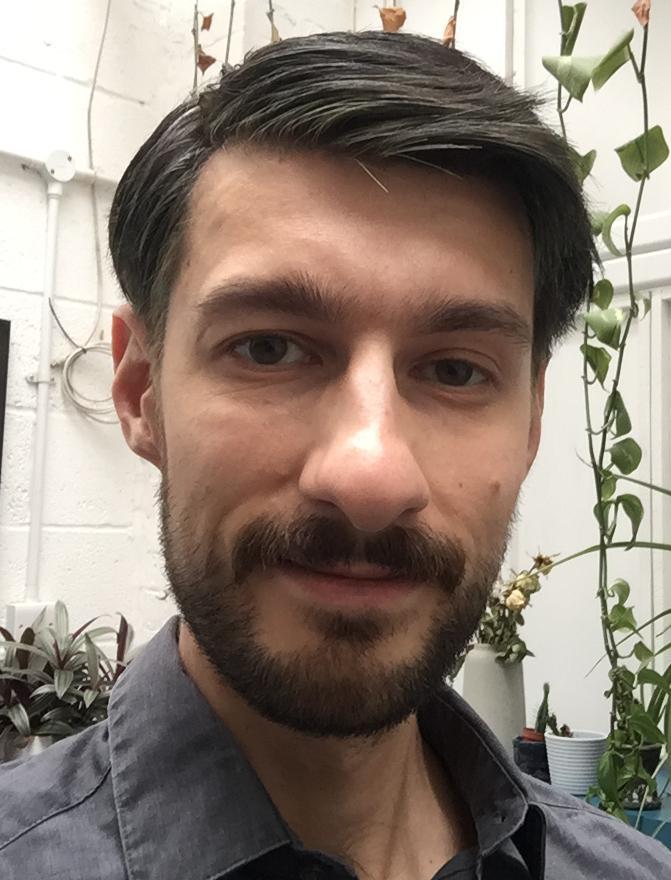
Tolhurst blames the manufacturers. “Vegans are so hooked on processed food because that is what’s being promoted to them.” He compares the value of one acre of potatoes (around £16,000 sold direct to consumers) to what it would be worth if you turn those into crisps (around £100,000). Food producers simply cannot make much money selling products for what he calls “a proper vegan diet”.
He should know. Tolhurst Organic is a 17-acre farm, which produces fruit and vegetables with no grazing animals and no animal inputs. It is still going after 44 years and, Tolhurst says, it has to be financially viable because it is too small to receive any subsidies. “We’re not one of these big farming landowners that gets huge amounts of money, so we have to live in the real world.”
Outside in the real world, rows of purple curly kale stick out of a carpet of green chickweed, which is allowed to grow to protect the bare soil during winter. Further down is a patch of so called “green manure” – a mixture of clovers and lucerne – which will be ploughed into the soil in spring, as an alternative to the animal manure that other organic farmers rely on to maintain their soil’s health.
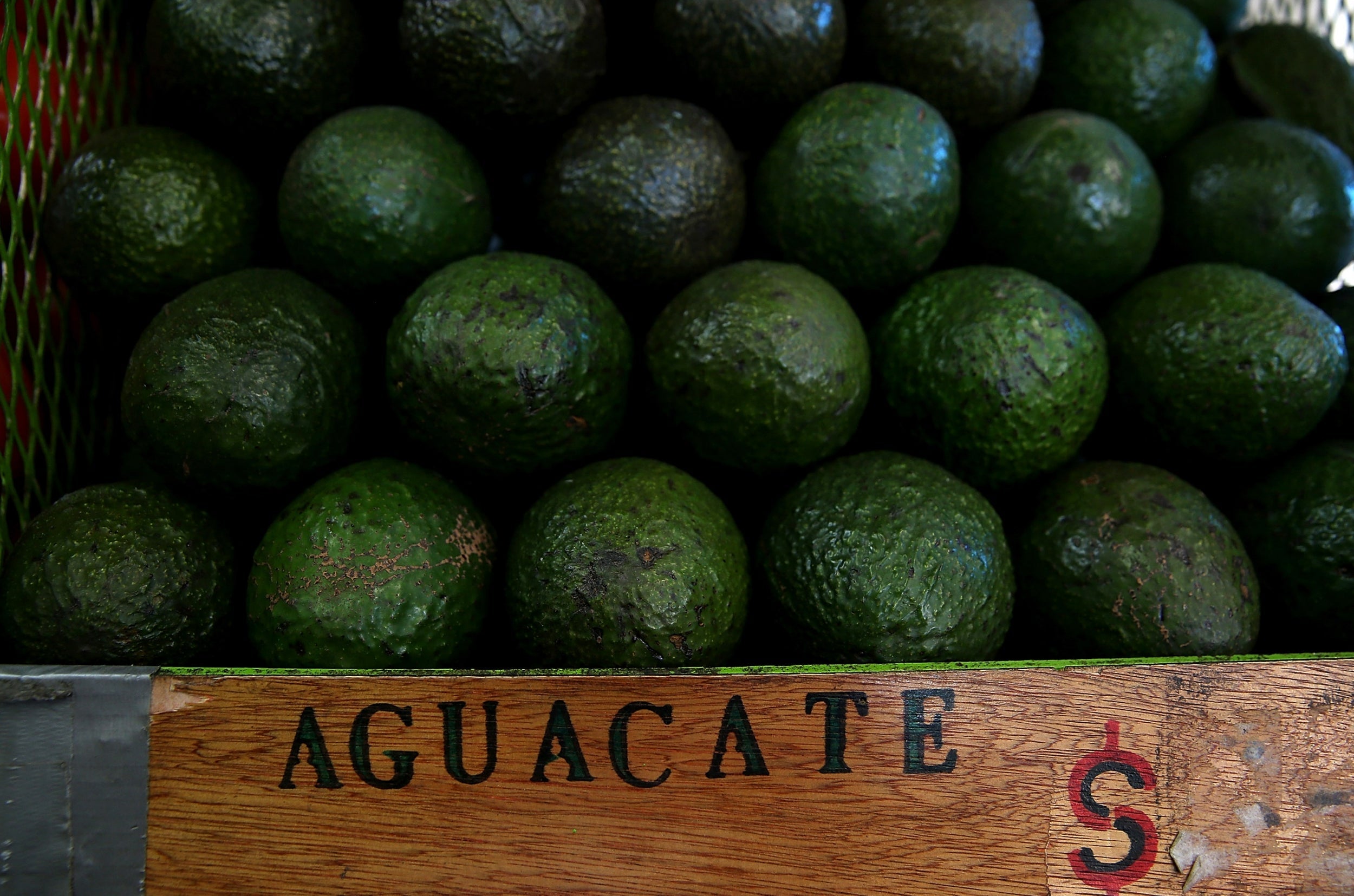
The UK has a small community of organic farmers and Plaw Hatch know “Tolly” well. They say he has a particular type of soil that lends itself to this stock-free approach. Tolhurst counters that it is actually quite poor quality soil, which is relatively common in the UK, and is most suited for growing grass and trees. He gestures out the window at the neighbouring grassy fields, where blinding sunlight flashes off pools of water.
540,000
estimated number of adult vegans in 2016
“This is why what we’re doing here is particularly relevant, because this is not on good quality land. If you can do it here, you can do it anywhere. This mantra going round that you have to have livestock to grow organic food, it’s rubbish.”
Despite this, the farmers do not really disagree. Both camps are obsessed with biodiversity, which Barker says would suffer without any animals. Tolhurst appears to concur. “There’s still a case to have animals on a farm, in terms of conservation, flora and fauna,” he says. “There’s still plenty of room for grazing animals, but not anything like the intensity we have now.”
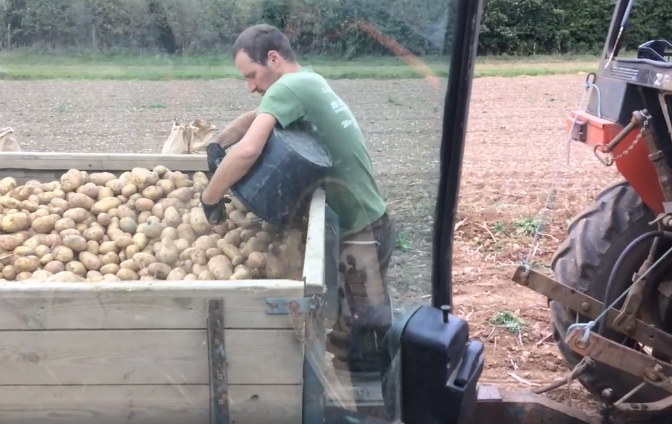
His main concern is the amount of land needed to keep animals for food. He references the Second World War, when the UK’s entire agricultural system changed in a year. Every farm was inspected and farmers were told to get rid of the vast majority of their livestock and grow cereals and vegetables instead. “That’s because you can feed a whole lot more people,” says Tolhurst. “And we were virtually self-sufficient [in food] during the war.”
Dr Springmann says politicians should take note. Today the UK imports almost 80 per cent of its fruit and vegetables. “If there was a policy decision to give a little bit more support to our horticultural sector, which traditionally has had very little,” that ratio could be much improved.
The most important aspect of an organic farm is the interconnectedness of everything. As soon as I take out one element, say biodiversity, the whole thing crashes. We end up with soil problems, we get drainage problems, we get a lack of fertility, then we get pests and diseases
For his part, Tolhurst says he is vegan-ish. He does not eat meat or eggs, but might eat cheese on occasion. “Everyone has to draw their own line somewhere.”
For the Plaw Hatch farmers, that is anything that has been flown into the country. Food producers do not have to disclose how their product has travelled, but a good guide is if it is fresh produce that has come a long way and cannot ripen on the journey, it has almost certainly been airfreighted in.
Where it comes to vegans, Barker takes a conciliatory tone. She knows several – “I love them dearly” – and says the world probably would benefit from a few people switching to a plant-based diet. “The problem is that the people who are most persuaded by the vegan argument are the people who are most likely to buy local and support decent meat.”
If people eating hamburgers or dairy from factory farms were to switch to veganism, that would be fine, she says. “But the argument isn’t nuanced enough.”
Tolhurst agrees that the industrial side “has to go first”. “If that means encouraging people that are doing it well then yes, I would be supportive of that. I’m not so naive to think everyone is going to give up meat tomorrow. It also means that those people who are doing it well are compensated. They are doing a very difficult job.”
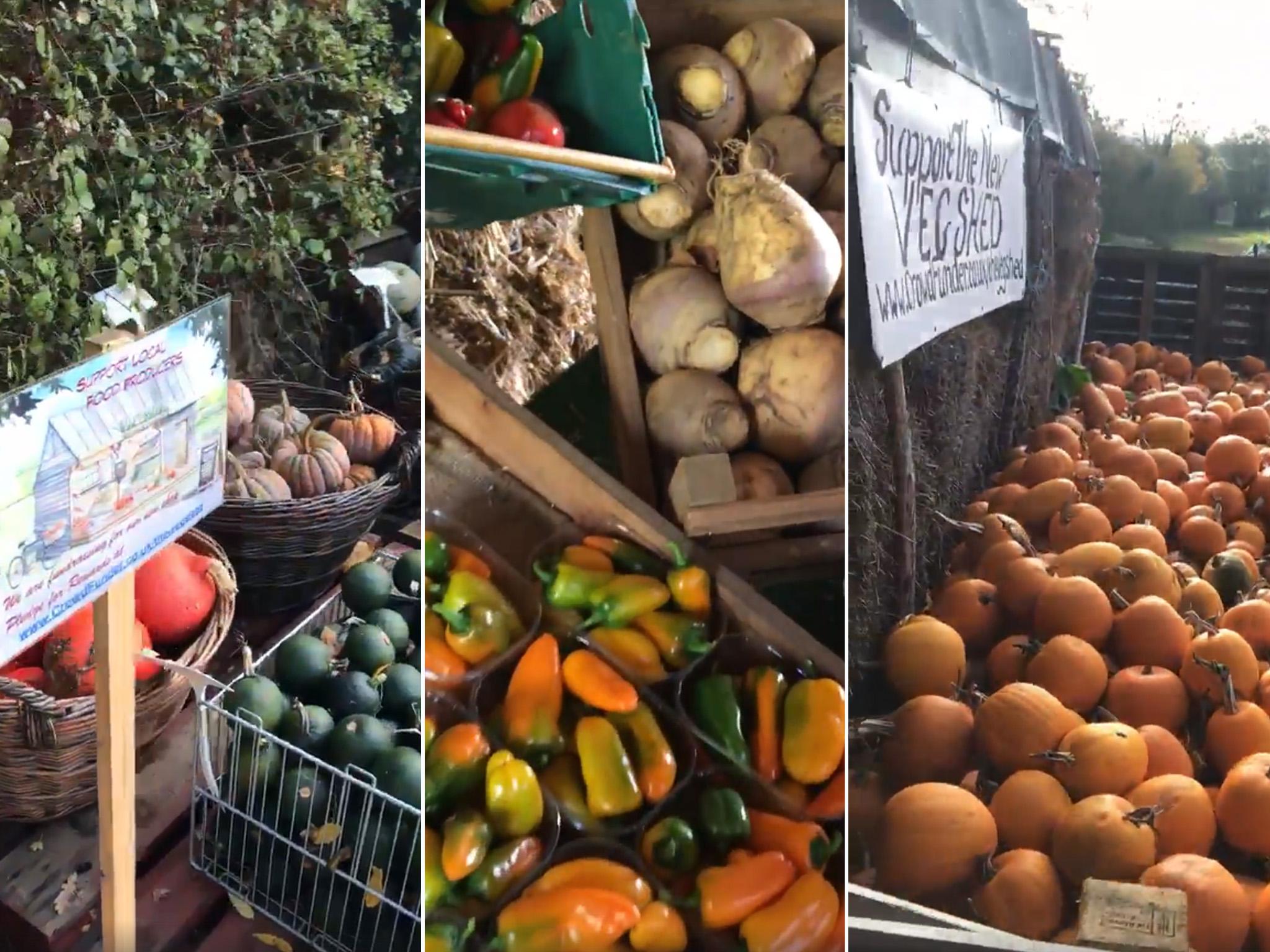
This kind of respectful disagreement is a welcome change from the academics, who sling out tersely-worded responses to articles, refuting point after point with a barrage of statistics, leaving laypeople adrift in a sea of contradictory research. Tolhurst says the scientists take a narrow approach and “find it difficult looking beyond their little boxes”.
“The most important aspect of an organic farm is the interconnectedness of everything. As soon as I take out one element, say biodiversity, the whole thing crashes. We end up with soil problems, we get drainage problems, we get a lack of fertility, then we get pests and diseases.”
He says that is what has happened in conventional farming, and where scientists fall down. “They’re not able to see the whole system’s approach.”
Dr Williams may be an exception. “I’m surprised that you get academics that are so clear cut about what they think.” If you do equate greenhouse gas emissions with environmental impact, he says your logic would lead you to one decision about diet. “If you take a broader view of environmental impacts, sustainability and land quality, then you could end up with a different view.”
He does not talk publicly about his own diet, but perhaps gives a glimpse when he says: “Amongst the challenges of an all plant-based diet, there are some things you would not have that some people enjoy a great deal, like cheese.”
Ben Gunn would surely agree.
Join our commenting forum
Join thought-provoking conversations, follow other Independent readers and see their replies
Comments